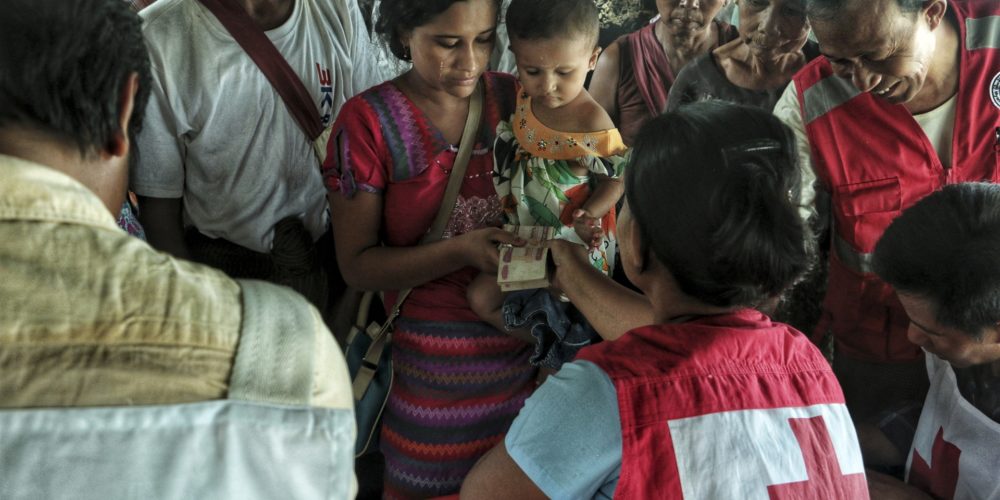Dunant’s original humanitarian vision
Dunant and the Battle of Solferino
The Battle of Solferino in June 1859 was a decisive battle in the Italian War of Independence.
Fought between the imperial forces of Austria on one side, and French imperial forces and a Sardinian army on the other, it lasted for 14 hours and stretched across a 40km front on the mainly flat land of Lombardy in northern Italy.
Solferino was a huge battle compared to the relatively small battles in wars today. There were 300,000 troops in the field. About 30,000 were killed and many thousands of others were wounded. Dozens of churches and public buildings in the villages around Solferino were used as temporary hospitals to try and nurse the wounded, with thousands of Italians volunteering to care for them for many days after the battle.
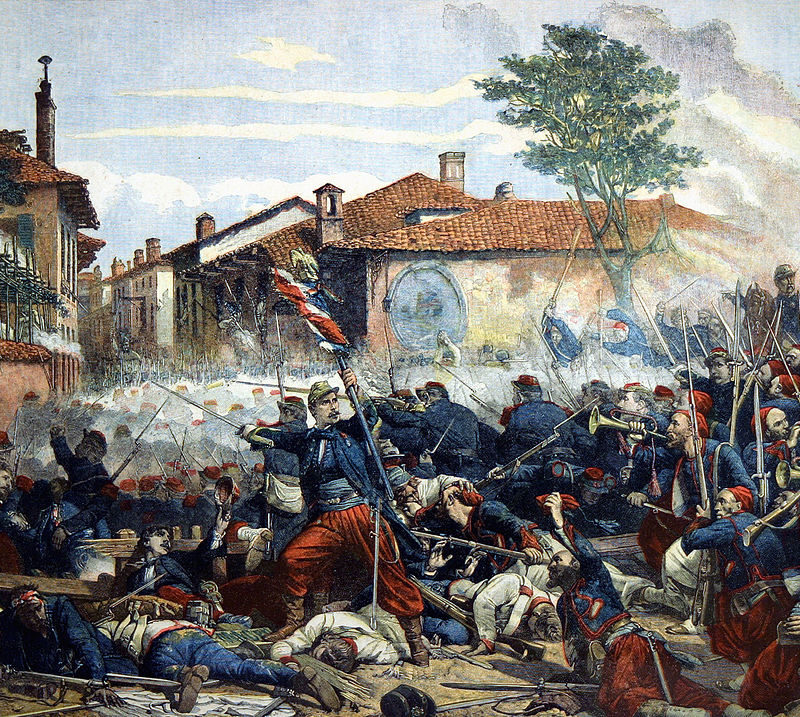
Henri Dunant – a visiting Swiss businessman – was one of these volunteers and worked for five days in the cathedral church in the small town of Castiglione delle Stivere. The experience had a profound effect on him, and he had his big idea: to create national relief societies to care for the wounded in every country, supported by an international relief organization. He also envisaged the protection of those wounded in war to be agreed by States in a new international treaty.
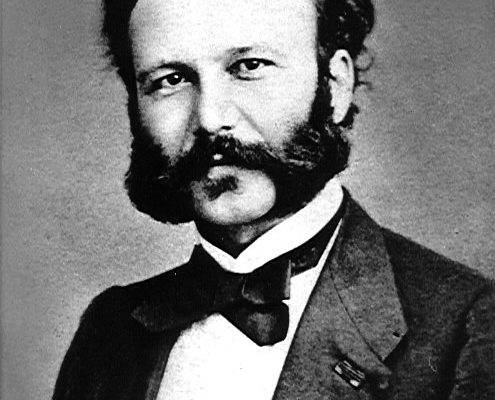
Dunant’s Ideas in Memory of Solferino
In the three years following the battle, Dunant gradually put his ideas into a compelling short book that described in vivid writing the horrors of the battle and the tragedy of the wounded, alongside the struggle of those trying to organize their care.
Dunant’s book called for three main changes from governments and their citizens:
- National relief societies of volunteers ready and able to care for the wounded
- An international relief society to support their efforts
- An international convention to protect the wounded
Published in 1862, the book was a sensation and by 1864 Dunant and his colleagues had founded the International Committee of the Red Cross (ICRC) and the wider Red Cross Movement of National Societies, and secured agreement of the First Geneva Convention.
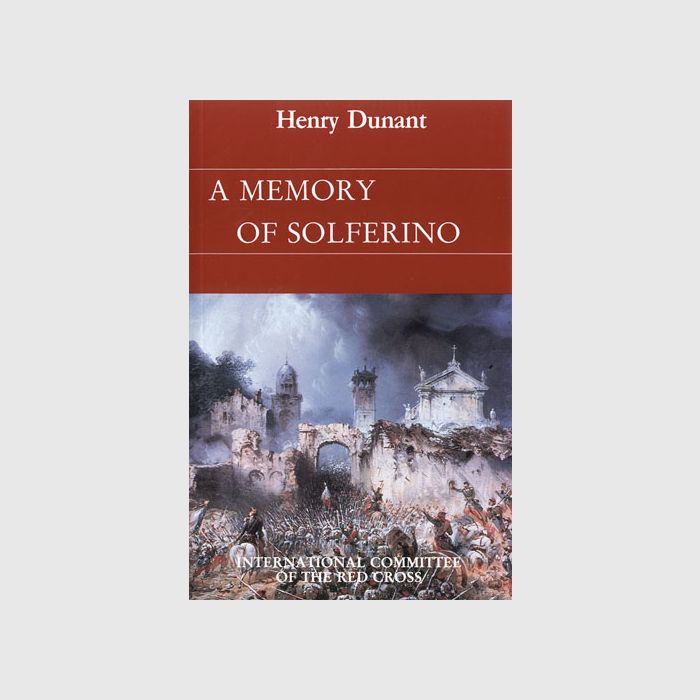
Explore the project
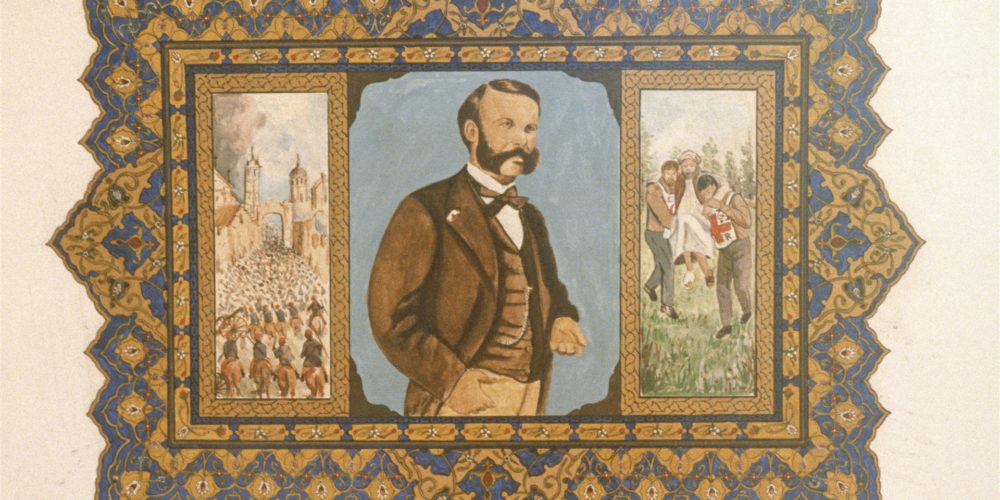
Dunant’s original humanitarian vision
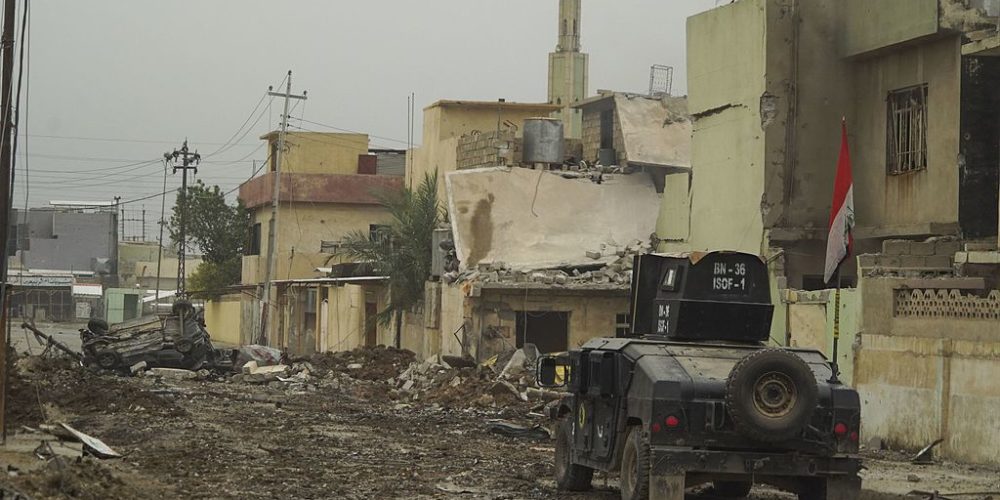
Warfare today and tomorrow
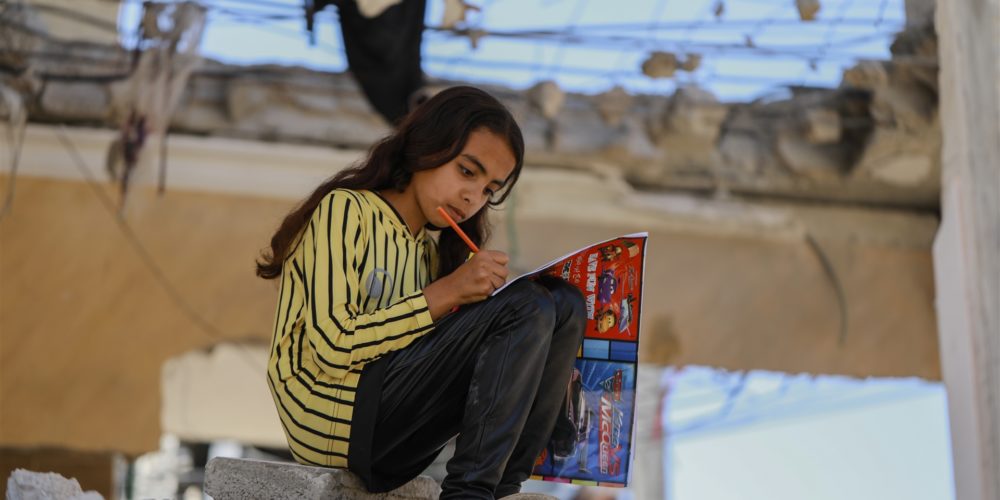
Civilian experience of war
